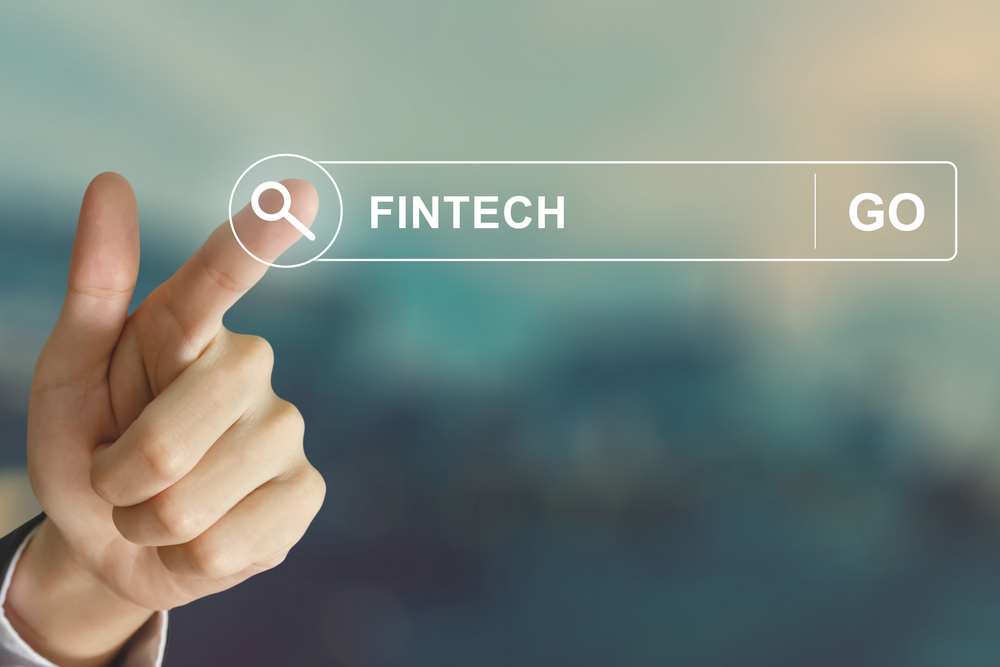Like many other parts of the economy, real estate has been significantly impacted by fintech. Investing in real estate traditionally needed large funds, proven credit history, and access to conventional banking institutions. But fintech solutions are increasingly removing these obstacles so more people—including those who might have been excluded because of low credit scores or unstable finances—can enter the market.Getting a mortgage or real estate investment loan used to be a difficult process that favored borrowers with good credit scores only. Accessibility has been altered today by digital lenders, crowdsourcing sites, and blockchain-based real estate transactions. Those who once couldn’t qualify for traditional loans because of credit challenges now have options that simplify financing and eliminate most of the paperwork involved with regular mortgage applications.Fintech-driven loan options have opened opportunities for anyone wondering how to get a house with bad credit. Alternative lending platforms, non-traditional mortgage lenders, and AI-driven credit evaluations all give borrowers access to capital that doesn’t rely just on credit ratings. Rather than depending just on traditional credit reports, many of these fintech companies assess candidates depending on rental payment history, cash flow, and general financial behavior. These developments are making real estate investments and homeownership more achievable for a larger population.The emergence of digital financing platforms is among the most significant developments fintech brings in real estate. Unlike traditional financial institutions depending on outdated risk methods, fintech lenders evaluate applicants using artificial intelligence and machine learning. First-time investors will find it easier to get financing from these lenders because they provide flexible mortgage options, quicker approval times, and fewer bureaucratic hurdles.Loan applicants are assessed using real-time financial data by alternative mortgage lenders, such as digital credit unions and online-only banks. People who work as freelancers, entrepreneurs, or are self-employed and don’t have regular paychecks but nevertheless have a steady stream of revenue can benefit from this method. The application of smart contracts and blockchain technology to enable real estate transactions marks yet another major advancement for fintech. Purchasing real estate historically entails extensive legal procedures, several middlemen, and a lot of documentation. By producing open, tamper-proof digital records, blockchain simplifies this process and removes the need for expensive middlemen like attorneys and brokers.Secure and automated processing of real estate transactions is made possible by smart contracts, which are agreements that execute themselves and are stored on the blockchain. This innovation lowers transaction costs, accelerates property transfers, and reduces fraud risk. Blockchain also makes tokenizati

